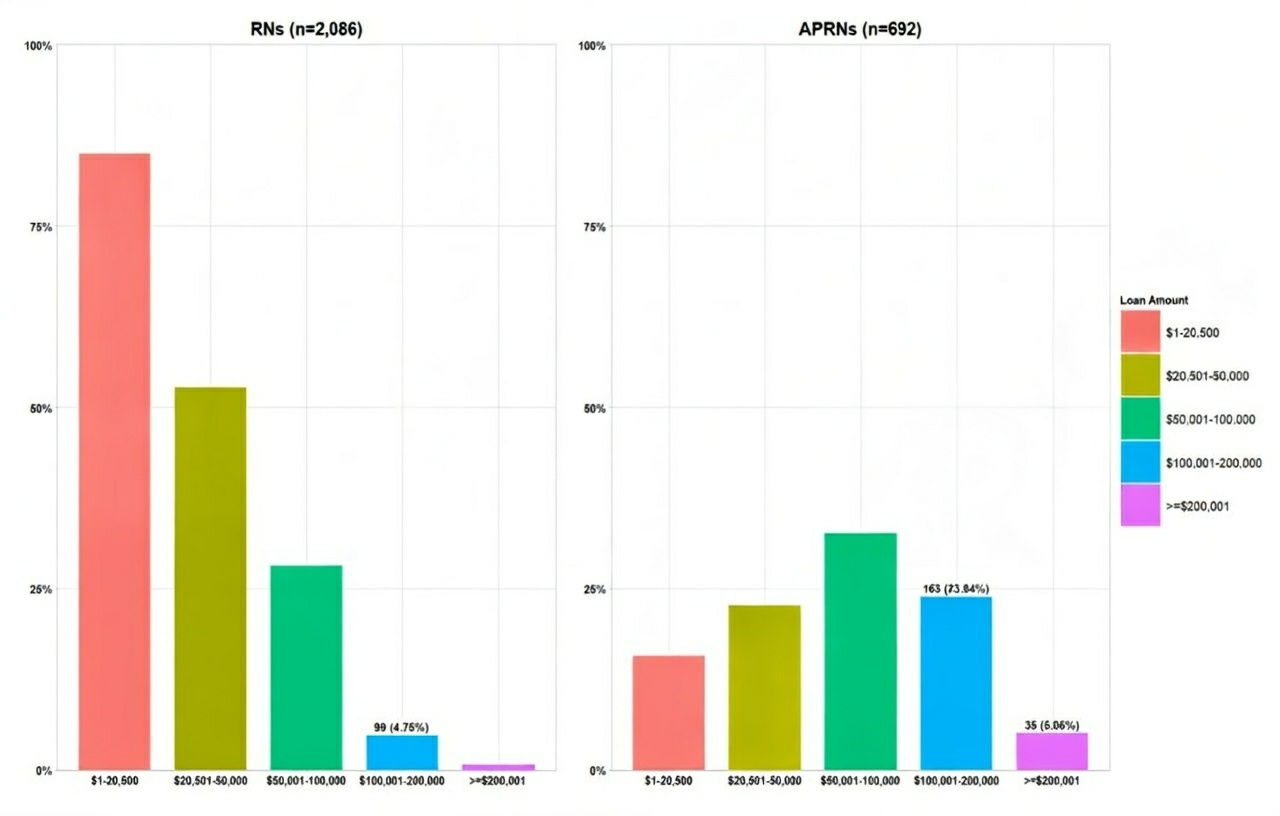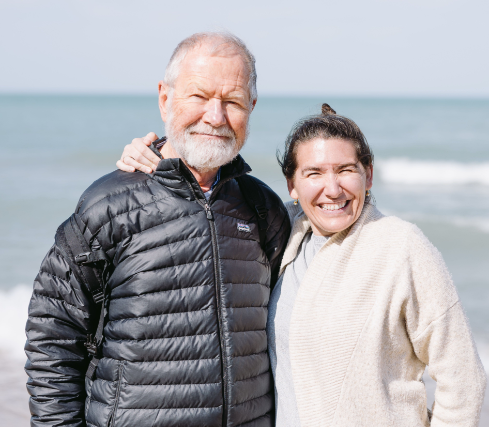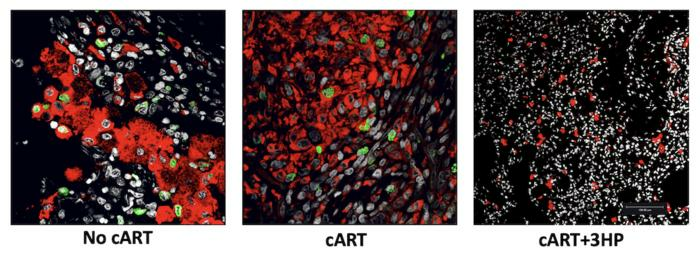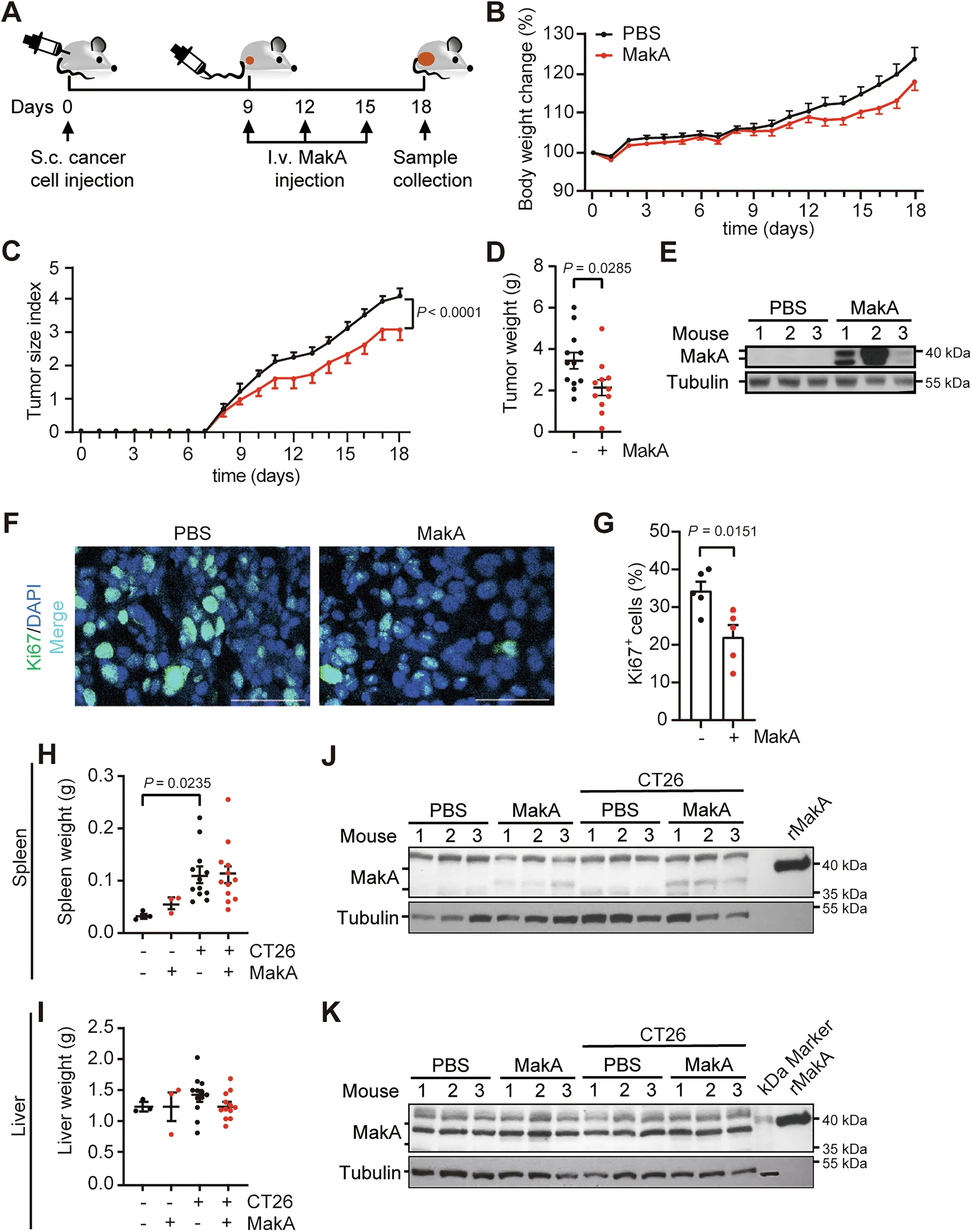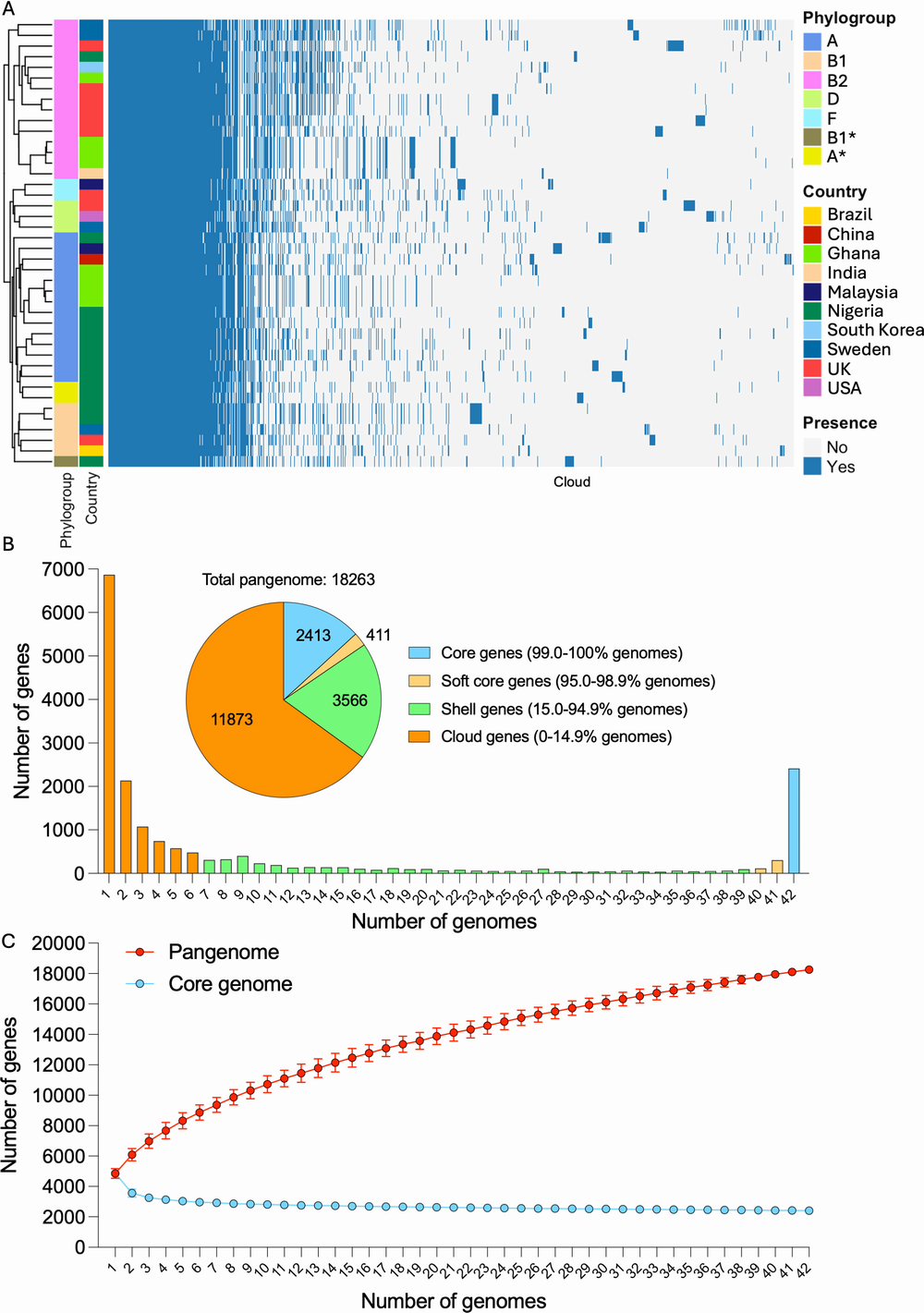Professor Peter Mitchell got a Nobel Prize in 1978 for a chemiosmotic hypothesis of how ATP is made. Basically, how mitochondria turn fat, protein, and sugar into energy. Like most science, his breakthrough was built on 70 years of work by people before him, including Professor Fred Crane, who discovered Coenzyme Q, the body's natural antioxidant, in 1957.
Survey results conducted among registered nurses and advanced practice nurses in Michigan shows that the reason a third of them left the health care field is student loan debt. The Michigan Nurses' Study is a survey of 13,687 license holders that began during the COVID-19 pandemic in 2022.
In the 1980s, colleges and universities began to lobby for unlimited student loans, arguing that a college education meant higher lifetime earnings. Congress agreed, but schools quickly began charging tuitions and fees that were clearly exploitative - 700% increases are just the average. Before unlimited student loans, you could pay tuition at a public college with money you made working a summer job, now it is a mountain of debt.
I recently listened again to Richard Feynman explaining why the flowing of time is probably an illusion. In modern physics time is just a coordinate, on the same footing as space, and the universe can be described as a four-dimensional object — a spacetime block. In that view, nothing really “flows”. All events simply are, laid out in a 4D structure. What we experience as the passage of time is tied instead to the arrow of entropy: the fact that we move through a sequence of states ordered by increasing disorder, and that memory itself is asymmetric.
Today I was saddened to hear of the passing of Hans Jensen, a physicist and former colleague in the CDF experiment at Fermilab. There is an
obituary page here with nice pics and a bio if you want detail on his interesting, accomplished life. Here I thought I would remember him by pasting an excerpt of my 2016 book, "Anomaly! Collider Physics and the Quest for New Phenomena at Fermilab", where he is featured. The topic of the anecdote is the data collection for the top quark search. The date is December 1992.
---
This year opened in slow motion for me, at least work-wise. I have been on parental leave since December 16, when my third and fourth sons were born within one minute from one another, but of course a workaholic can never stand completely still. In fact, even as we speak I am sitting and typing at the keyboard with my right hand only (about 3-4 letters per second), while I hold Alessandro with the left one on my lap and I move my legs rythmically to keep him entertained.
Existing treatments control HIV but the immune system does not revert to normal. They is why people living with HIV remain susceptible to infections and it underscores the need for immunotherapies.
That requires modern tools like CRISPR-Cas9 and others. Tools that environmentalists oppose, insisting all science is a corporate conspiracy. As they have historically done with natural gas and GMOs and vaccines. Antiretroviral therapy is highly effective at suppressing HIV, so the virus is no longer the direct death sentence it once was, but the immune system remains in an inflammatory state of overactivation and impaired functionality.
In older countries it has become common for young people to live with their parents until, and sometimes well after, they get married.
A new study finds that some parts of the animal kingdom don't even stop growing until what it middle age for humans. An analysis of 17 tyrannosaurus rex specimens, from early juveniles to older adults, concludes they took 40 years to reach their full size of around eight tons.
For the first time in 25 years of continuous crewed operations, an astronaut has been medically evacuated from the International Space Station (ISS). The Crew-11 mission ended when a SpaceX Dragon capsule brought the four astronauts of Crew 11 home following a medical incident in early January 2026.
To protect the crewmember’s privacy, Nasa hasn’t yet disclosed details about what happened – and this article won’t speculate. But the evacuation raises a question worth exploring: how do astronauts stay healthy in space, and why is this early evacuation so unusual?
Colorectal cancer, cancer of the colon and rectum, is the third most common form of cancer in the world and has the second highest mortality rate. When caught early enough, it is usually treated with surgery, radiation or chemotherapy, methods that can have significant side effects.
A new study highlights a fourth way, one the researchers hope could have fewer side effects. They found that a purified toxin secreted by cholera bacteria can slow the growth of colorectal cancer and has not shown any side effects. It worked by changing the immune microenvironment in tumors.
Diabetic foot infections are a serious complications of diabetes and a leading cause of lower-limb amputation but little is known about the specific pathogens involved in these chronic foot infections, particularly E. coli, despite its frequent detection in clinical samples.
A new genomic characterization of E. coli strains isolated directly from diabetic foot ulcers across multiple continents may help explain why some infections become difficult to treat and lead to severe, even life-threatening, outcomes. The team analyzed whole-genome sequences from 42 E. coli strains isolated from infected diabetic foot ulcers in patients from Europe, Africa, Asia, and the Americas and sequenced the complete DNA of each bacterial strain.

